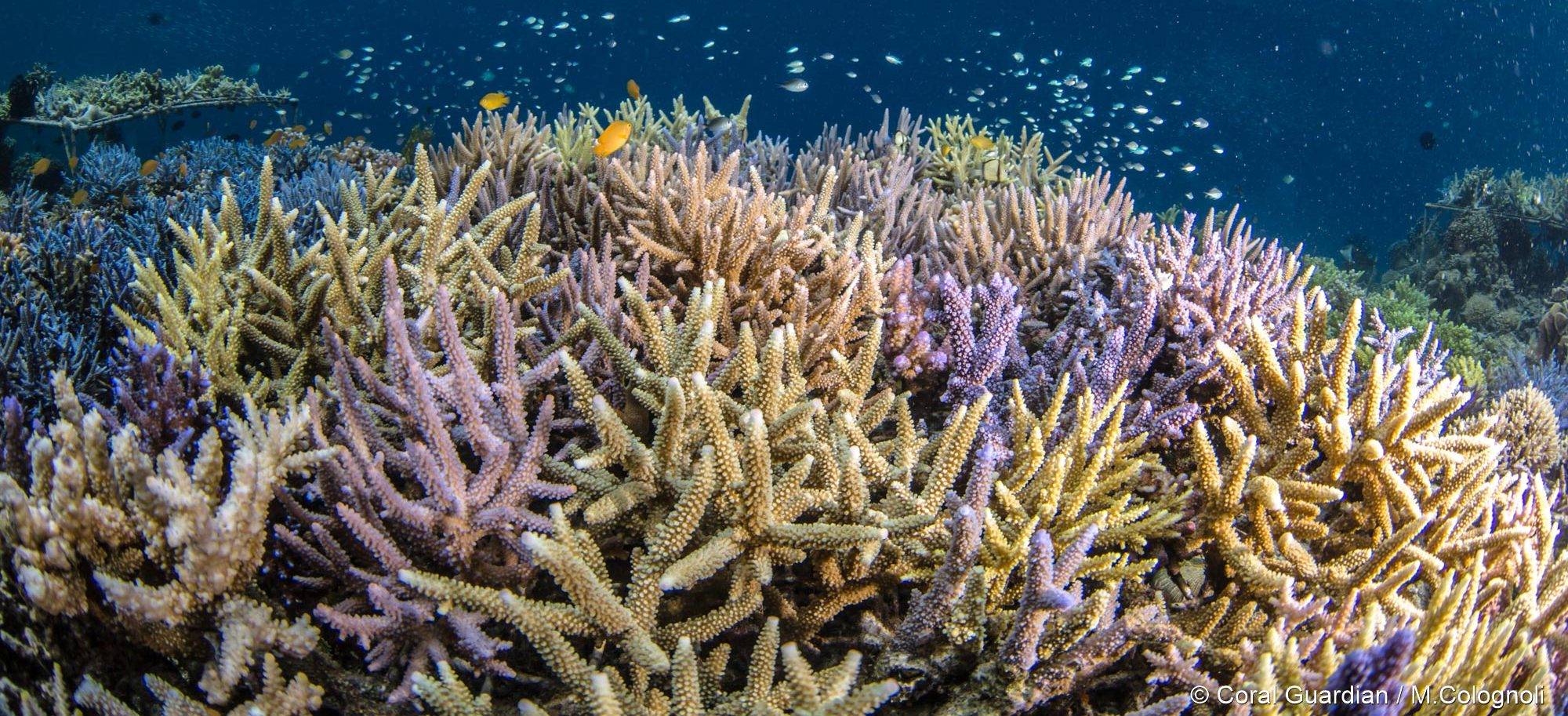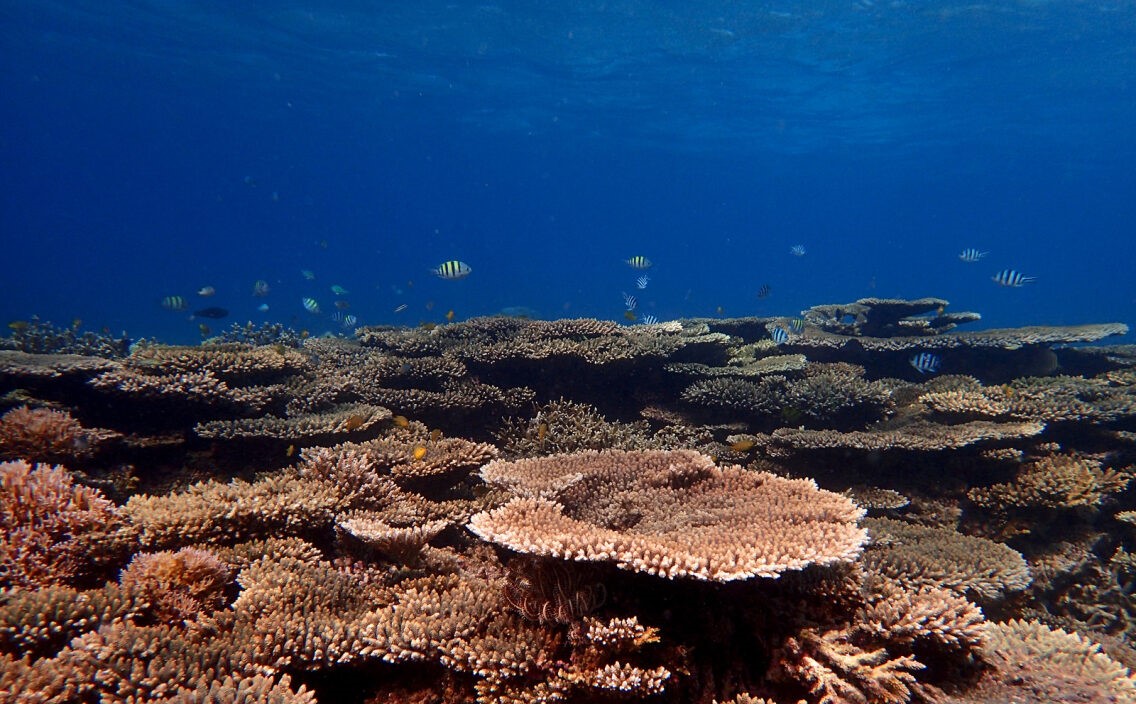The Strategic Plan of CORDAP (2022-25) highlights the need for short, low-cost scoping and design studies to better guide future investment and activities in areas where greather knowledge of the state of the art and a clearer path forward is needed. January 2023 saw the launch of a series of Scoping Studies that brought together more than 70 scientists and engineers from around the world, who analysed and discussed global efforts and opportunities to maximise impact in these key areas.
Understanding gaps and needs in coral research
CORDAP Scoping Studies are short (< 6 months) activities, centred around a workshop. The primary outputs are a summary of existing knowledge, current R&D activities, and identifying key knowledge and technology gaps within the field. Each study will produce an R&D roadmap detailing these findings and setting out recommended options and priorities for global coral research and development (R&D) activity and investment.
2023 saw the following Scoping Studies get underway:
- Natural Adaptation and Assisted Evolution of Corals
- Coral Aquaculture (Innovative Technologies for Reef Restoration)
- Cold-Water Corals* Restoration and Conservation
- Managing Ecological Risk of Coral Reef Interventions
*This definition includes deep water corals.
Drawn from 19 countries and 48 institutions worldwide, researchers, industry-based and technology experts, scientists in coral reef ecology and experts in marine restoration, engineering, aquaculture and deep sea contributed to map prospective areas of investment on coral R&D. The first two workshops were organized at the end of January 2023, while the third workshop took place in May.
The scoping studies were hosted by CORDAP, with the ‘Natural Adaptation and Assisted Evolution of Corals’ and ‘Coral Aquaculture’ taking place at King Abdullah University of Science and Technology (KAUST), co-led by the Australian Institute of Marine Sciences (AIMS) and by the KAUST Reefscape Restoration Initiative, respectively. The study on Cold-Water Corals was co-organized with RevOcean in Oslo, Norway. The study ‘Managing Ecological Risk of Coral Reef Interventions’ is currently underway, with the workshop to be held in Queensland University of Technology, Australia at the end of January 2024.

Making it a priority
Each Scoping Study highlights priority areas for future R&D activity within that field, to bring together and align global efforts into which funding and investment is recommended to maximise impact. The Scoping Studies’ outputs on these key priority areas have been integrated into the 2023 Coral Accelerator Program (CAP), which will fund international collaborative teams with impactful ideas on coral conservation and restoration. New topics for scoping studies and road mapping will be considered by CORDAP’s Scientific Advisory Committee, to continue to identify and address the key gaps and needs in coral knowledge, research and innovation.
In parallel to the Scoping Studies, CORDAP will begin a Developing Country Coral R&D Leadership Program, which will kick off with a workshop to take place during March 2024 in Kenya in partnership with UNEP whereby key stakeholders and researchers from developing nations will be brought together to deliver an action plan for building up coral research and development (R&D) leadership in developing countries. Helping to build the research, development, and technical capacity of the Global South is a critical part of CORDAP’s mission and is essential for conserving and restoring coral reefs on a global scale given that the majority of coral reefs are located in the developing world.
The first CORDAP R&D Technology Roadmap – for Understanding Natural Adaptation and Assisted Evolution of Corals to Climate Change – is already available and can be downloaded on the CORDAP website here. Two other R&D Technology Roadmaps – on Coral Aquaculture and Cold-Water Corals – are being produced and will be available in early 2024.

